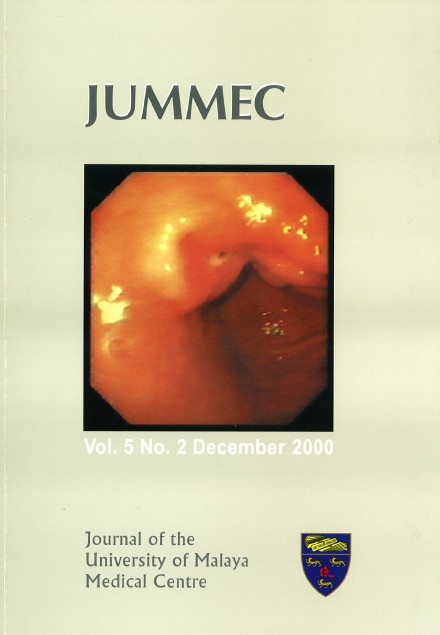Introduction of Meta-analysis: What, Why and Who
Abstract
Meta-analysis is a method of review that summarises the results of previous
research of the same particular issue in a systematic and quantitative way. A
meta-analysis that properly combines results from different studies will average out
differences caused by random variation and produce a more precise estimate of the
true effect. It may also detect and investigate heterogeneity among studies thus providing
a deeper understanding of clinical dilemmas and guidance on resolving them.
in this way a meta-analysis will be a better guide to practice than an individual study.
Meta-analysis also has its limitations as it is largely dependent on the quality of published
data and requires careful planning and execution of a valid protocol, together
with cautious interpretation of the results.
Downloads
Downloads
Published
Issue
Section
License
All authors agree that the article, if editorially accepted for publication, shall be licensed under the Creative Commons Attribution License 4.0 to allow others to freely access, copy and use research provided the author is correctly attributed, unless otherwise stated. All articles are available online without charge or other barriers to access. However, anyone wishing to reproduce large quantities of an article (250+) should inform the publisher. Any opinion expressed in the articles are those of the authors and do not reflect that of the University of Malaya, 50603 Kuala Lumpur, Malaysia.


